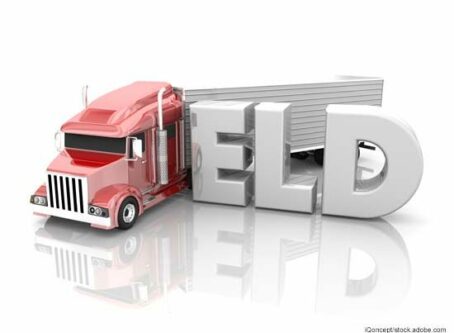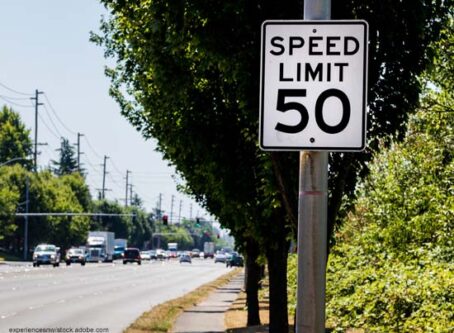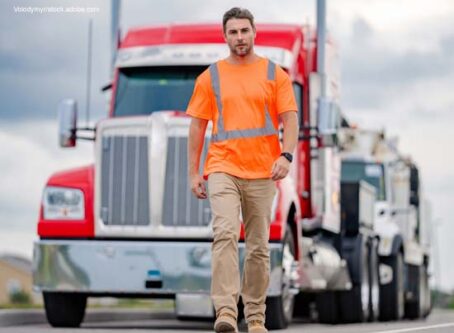Voters in three states settle transportation questions
Voters in states from the Pacific Northwest to New England cast ballots Tuesday on efforts that cover transportation.
Colorado
Colorado voters rejected an attempt to allow the state to keep more of their money to help with transportation and education costs.
Proposition CC on the statewide ballot called for permitting excess revenues that now are refunded to taxpayers to instead be kept by the state. The measure failed by a 55-45% margin.
Colorado law now caps the state’s revenue, under the Taxpayer’s Bill of Rights, or TABOR. In place since 1992, the bill of rights requires voter approval for all new taxes, tax rate increases, or tax policy changes that result in increased tax revenue.
Passage of the Nov. 5 ballot question would have allowed the state to retain excess revenue.
Excess revenue estimated at up to $1 billion in the first two years would have been applied for education and transportation. Public education and higher education would receive two-thirds of the revenue and transportation would receive the rest.
Gov. Jared Polis supported the ballot question to allow the state to keep tax revenue it already collects.
Critics said the state government has plenty of money via the state budget growing by $1 billion annually. Instead of keeping more taxpayer dollars, they said the state needs to prioritize better.
Maine
Voters in Maine decided once again to tap bonds for highway repairs.
A year ago, voters approved a $105 million bond to fund transportation projects. During the past 12 years, Ballotpedia reports that Maine voters have approved nine transportation bond issues with a combined total of $778 million in bonds.
The money is used to support the Maine Department of Transportation’s work plan. The agency relies on the funds to cover the annual cost of road and bridge maintenance and repairs.
Question 1 on Tuesday’s ballot asked voters whether to use bonds once again, specifically $105 million in general obligation bonds.
Voters overwhelmingly approved the question by a margin of 76-24%.
As a result, highways and bridges will receive $85 million. Another $15 million will be applied for work that includes ports and freight rail. The remaining $5 million will be used for culvert upgrades.
Passage of transportation bonding also draws an estimated $137 million in matching federal and other additional funds.
Washington
Voters in the state of Washington agreed by a 55-44% margin to roll back “car tabs,” vehicle sales taxes and other fees. According to a fiscal analysis, the fees totaled $58 million one year ago for state and local transportation work.
The money is used for projects that include highway construction, county roads and bridges, commercial vehicle enforcement, and pedestrian projects.
Passage of Initiative 976 will cap vehicle license fees, or car tabs, at $30 yearly. The annual license fees are collected on vehicles weighing under 10,000 pounds.
Commercial trailer fees also will be reduced from $34 to $30, and an electric vehicle fee will be trimmed from $150 to $30. Additionally, authorization will be repealed for certain regional transit authorities to impose motor vehicle excise taxes.
A fiscal impact summary shows that changes to the fees could result in more than $4 billion in lost revenue over the next six years.
In 1999 and 2002, voters approved the $30 cap. A measure approved by voters in 2016, however, raised the annual fees.
Initiative supporters said that a lot of people had “sticker shock” following the tab increase. They said people experienced car-tab fees doubling, and in some cases the fees tripled.
Opponents said capping fees at $30 will strip state and local governments’ ability to move forward with needed projects. Specifically, they said passage of Initiative 976 will result in $2.3 billion in lost funding for local governments. The state will lose out on $1.9 billion over the same time period.
Only voters will be permitted to increase car tabs in the future.
On the road on Election Day? Plan ahead to vote
The often unrelenting work schedule for professional drivers is not a reason to skip Election Day and sacrifice your right to vote. You can still make your voice heard back home and help set the course on issues at the national, state and local levels of government.









